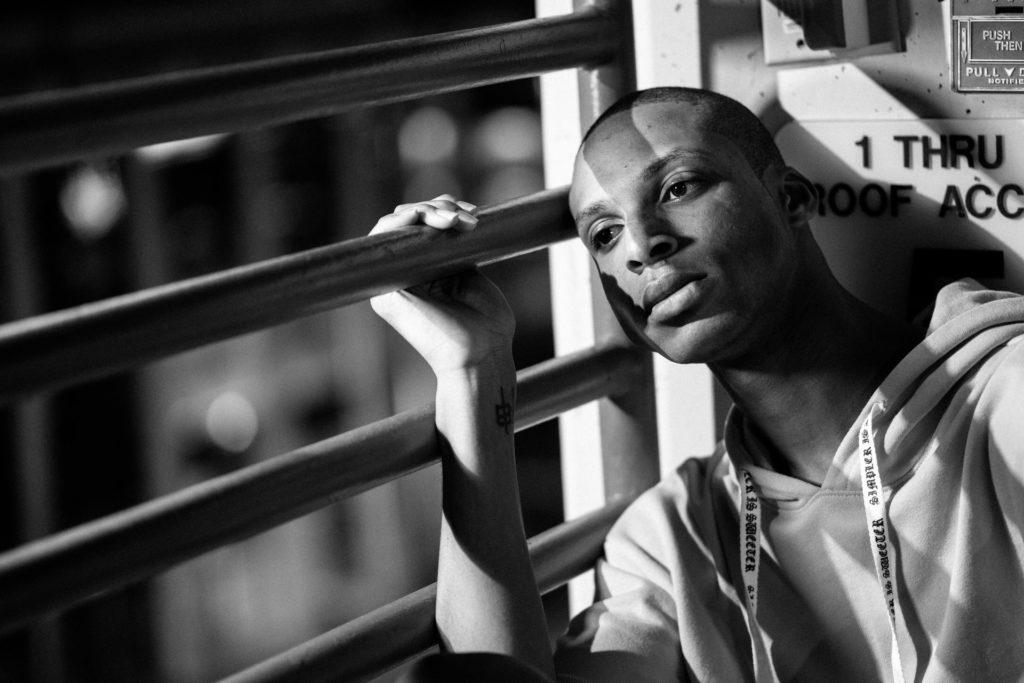
Scaling Diversion Programs to Reduce Incarceration and Improve Resident Health
Every year in the U.S., two million people with mental illness are booked into jails, leading to a cycle of incarceration for these individuals. One in three persons in the Orleans Justice Center Jail are treated for addiction or mental illness, and these individuals remain in the jail more than... Read more
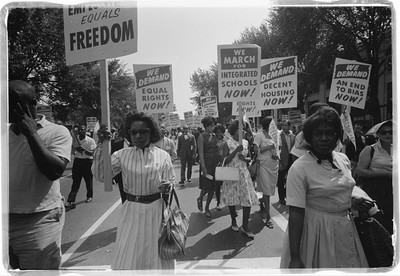
Scaling Racial Justice Training and Education through the Birmingham Civil Rights Institute
Established in 1992, the Birmingham Civil Rights Institute (BCRI) is a cultural and educational research center focused on civil rights developments in Birmingham. As national conversations on race and social justice continue to highlight the need for more education, training, and advocacy, BCRI is positioned to serve as a national... Read more
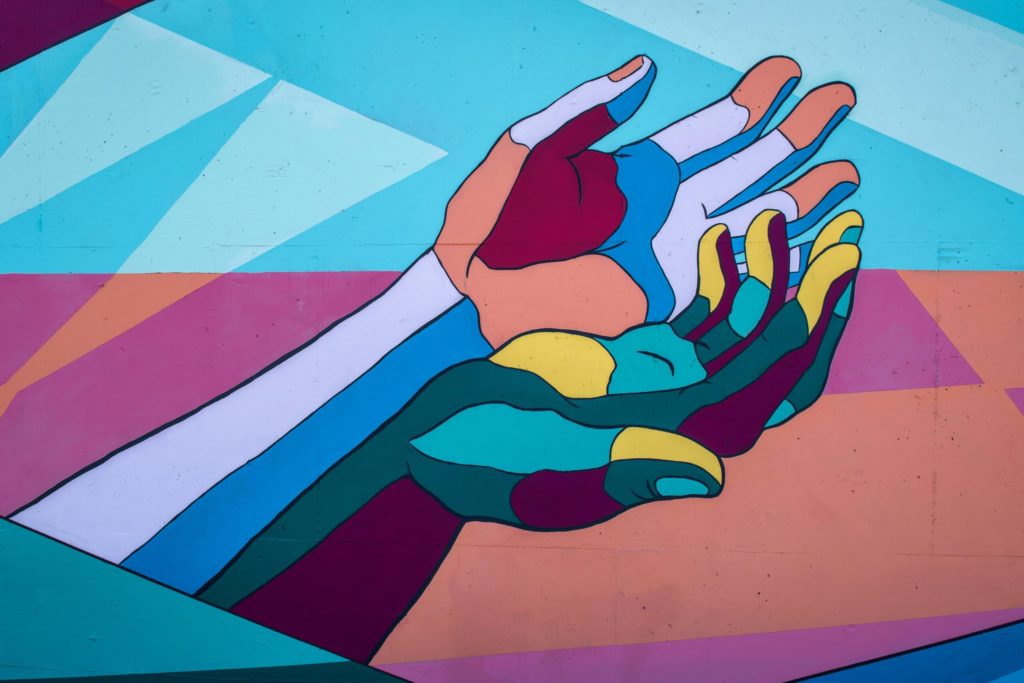
Responding to Behavioral and Mental Health Crises without Law Enforcement
Throughout 2020 there were passionate pleas and emphatic demands for local governments across the country to examine police operations within their jurisdictions. In response, Durham city officials began examining public safety and community wellness needs and evaluating if city resources were aligning. Initial work included analyzing 911 call data and... Read more
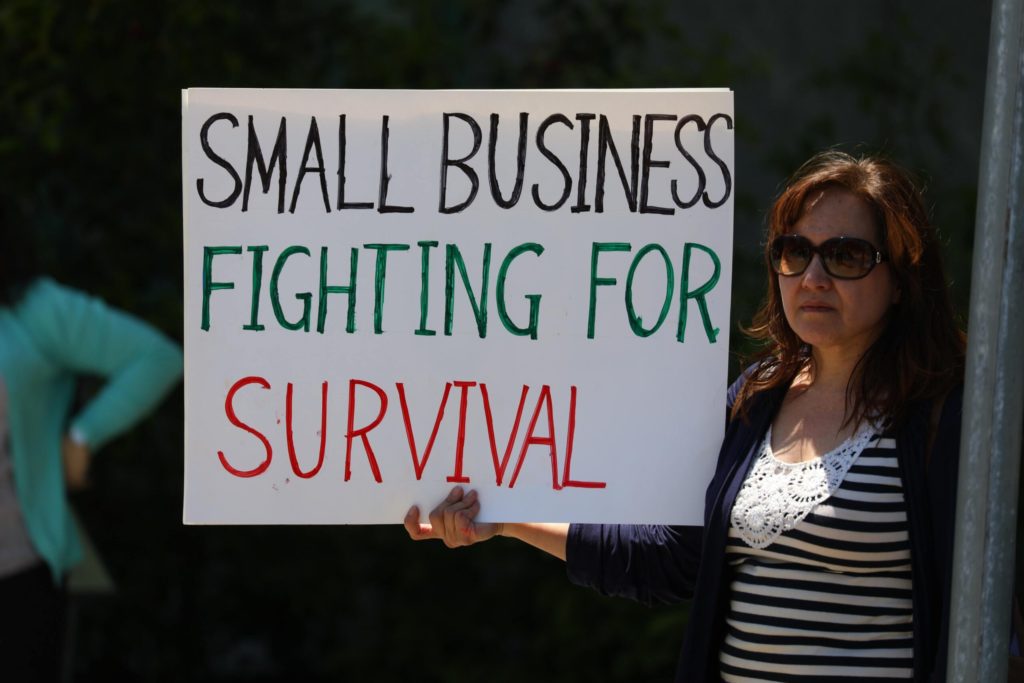
Community-Driven Solutions to Economic Recovery
To respond to the growing impact of Covid-19, the city and county of Durham launched a Recovery and Renewal Task Force in May 2020. The task force has prioritized its work using a three-phased approach to the pandemic and its longer-term consequences, addressing public health, economic, and mental and behavioral... Read more
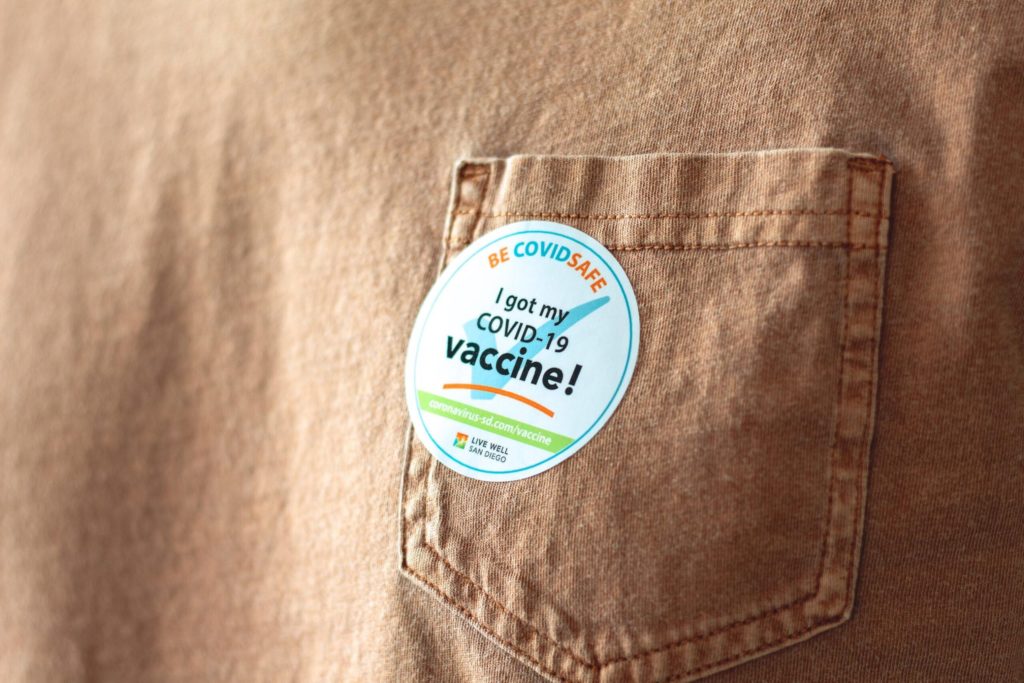
Strategic Communications to Support Vaccine Uptake and Health Equity Post-Pandemic
Atlanta is working diligently to increase the pace of its vaccine inoculations and rollout One Atlanta’s strategic initiatives to begin recovery from the Covid-19 pandemic. The Covid-19 Vaccine Equity Campaign and broader One Atlanta vision are designed to increase health equity post-pandemic, particularly for the Black and Brown communities hit... Read more
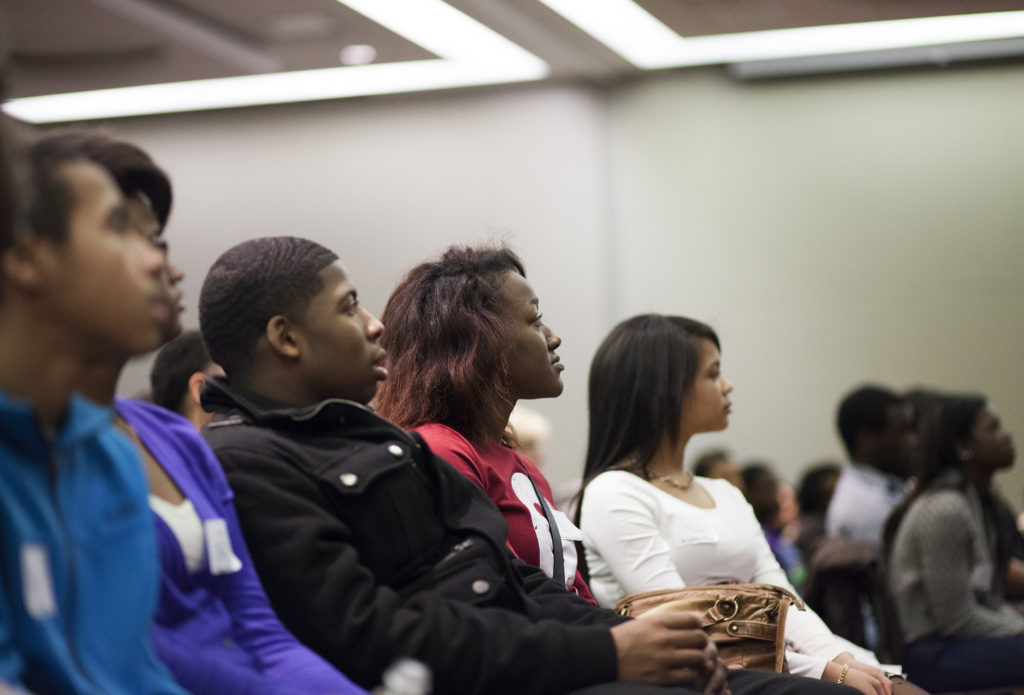
Increasing College Affordability to Ensure More Equitable Opportunities
Students in Birmingham often face a tough path to college and career. While roughly 80 percent of students graduate annually from Birmingham City Schools (BCS), many are experiencing poverty, and only 50 percent advance to post-secondary institutions. In response, the mayor has pledged that any BCS student who graduates will... Read more
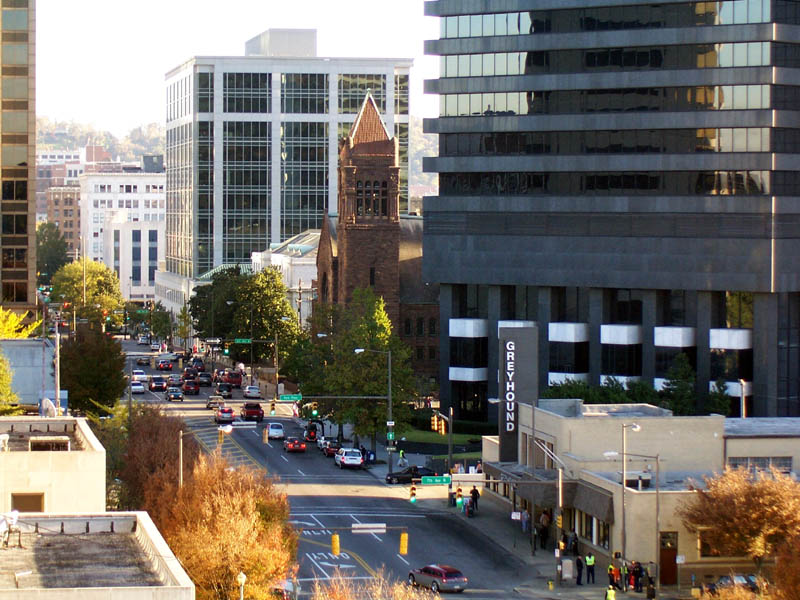
Working to Reduce Racial Health Inequities
Birmingham recognizes that social determinants of health — including the built environment of neighborhoods, such as environmental hazards, access to green space, walkability, and more — are major factors in health inequities across the city. To address this, the Department of Planning, Engineering, and Permits developed a Health Community Assessment... Read more
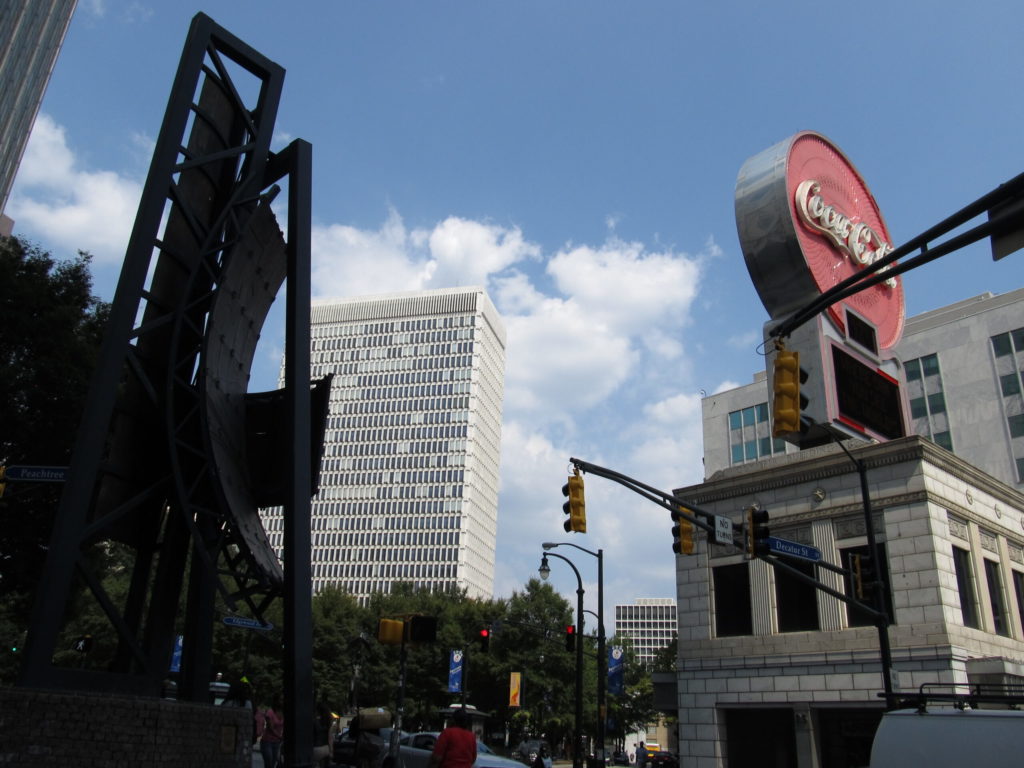
Small Business Supports to Build Wealth in Atlanta’s Black and Brown Communities
In Atlanta, Black and historically underserved communities located south and west of the city have been economically stagnant despite growth in other parts of the city. The economic recession resulting from COVID-19 poses an additional threat to these communities, leaving them susceptible to even larger outcome gaps. Specifically, the pandemic... Read more
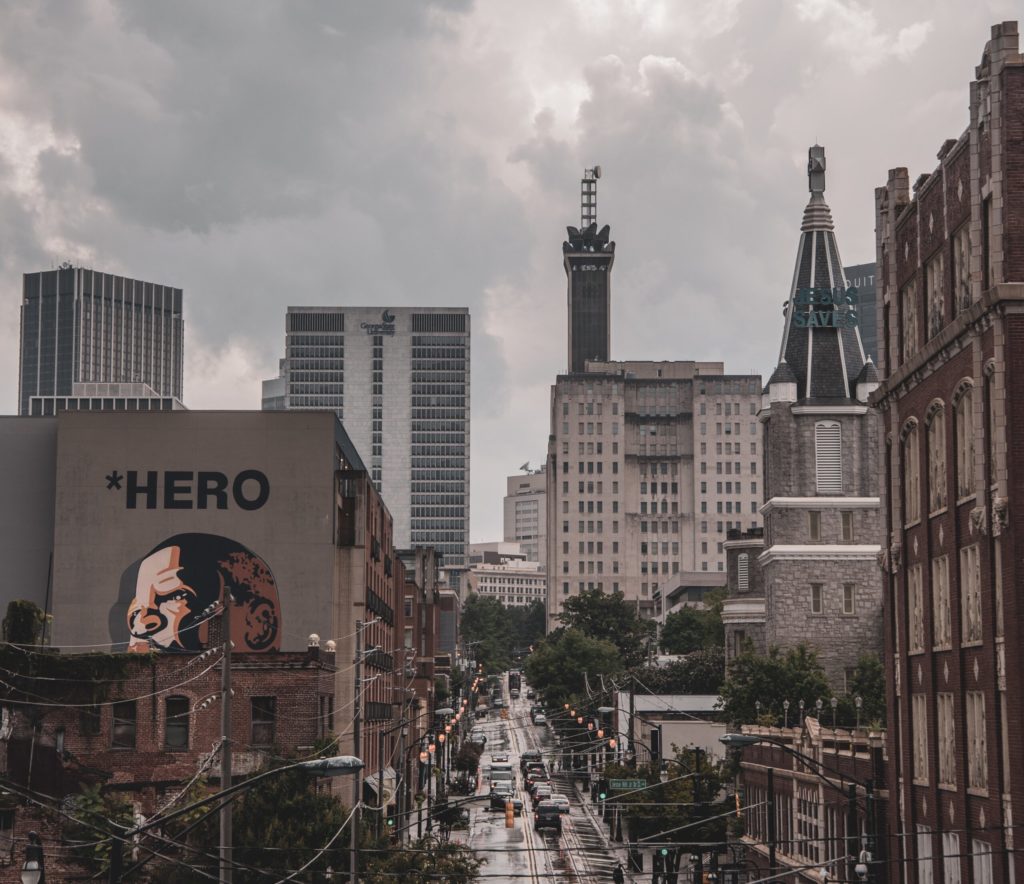
Addressing Health Inequities Related to Virus Prevention and Treatment
Atlanta is navigating a dual-pandemic, with city leaders focused on combating the spread of COVID-19 while also battling the continued spread of HIV/AIDS in pockets of communities. The HIV/AIDs pandemic has infected one out of every 51 Atlanta residents, and of those infected, 66 percent are Black. The COVID-19 health... Read more
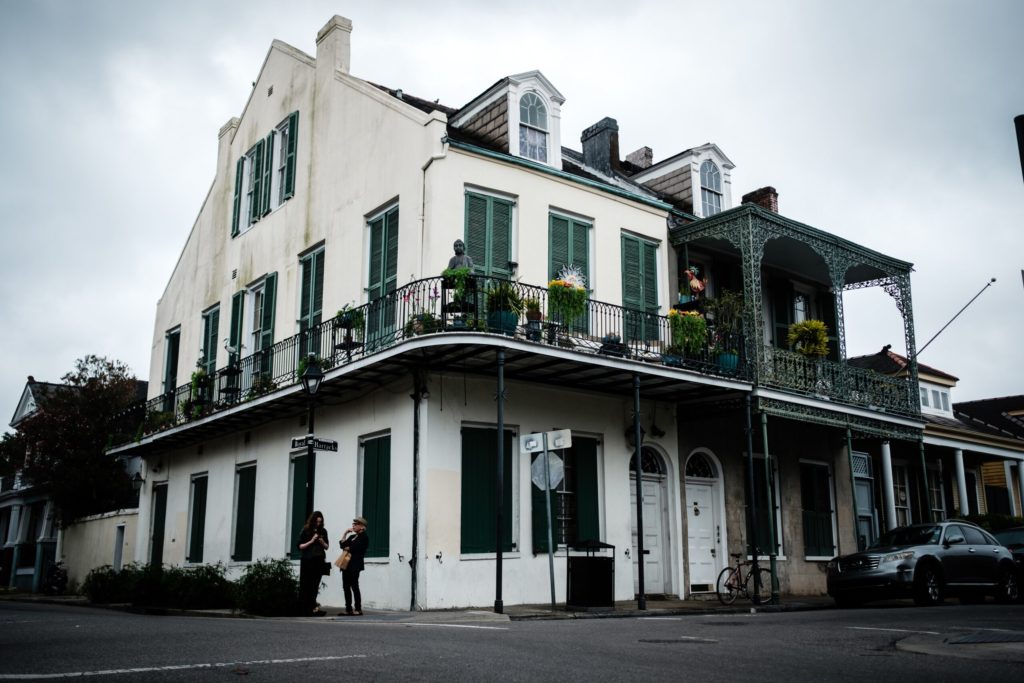
Building Intergenerational Wealth in the Black Community
In 2020, New Orleans marks the 15th anniversary of Hurricane Katrina and the 10th anniversary of the BP oil spill. From each disaster, the city has rebuilt, but Black residents have been largely left behind, with six times as many Black households living in poverty as white households. These economic... Read more
